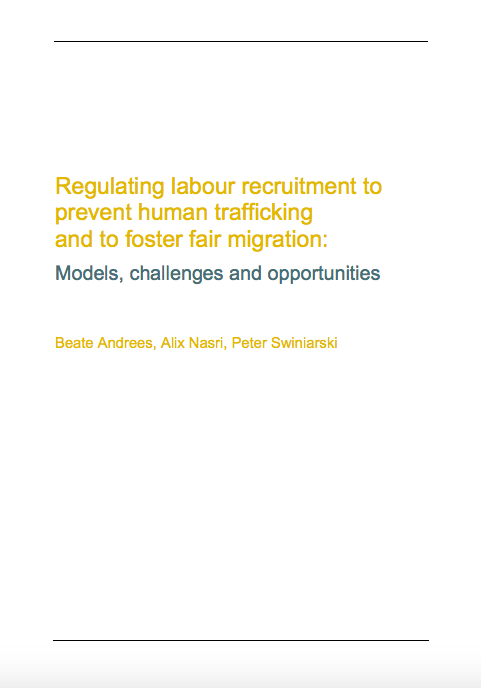Combating Forced Labor: A Handbook for Employers and Business
GuidanceGood PracticesThe International Labour Organization (ILO) estimates that 21 million people are currently victims of forced labour. Employers are committed to the elimination of this abhorrent practice. Not only does it create unfair competition and ultimately aff...Read More

